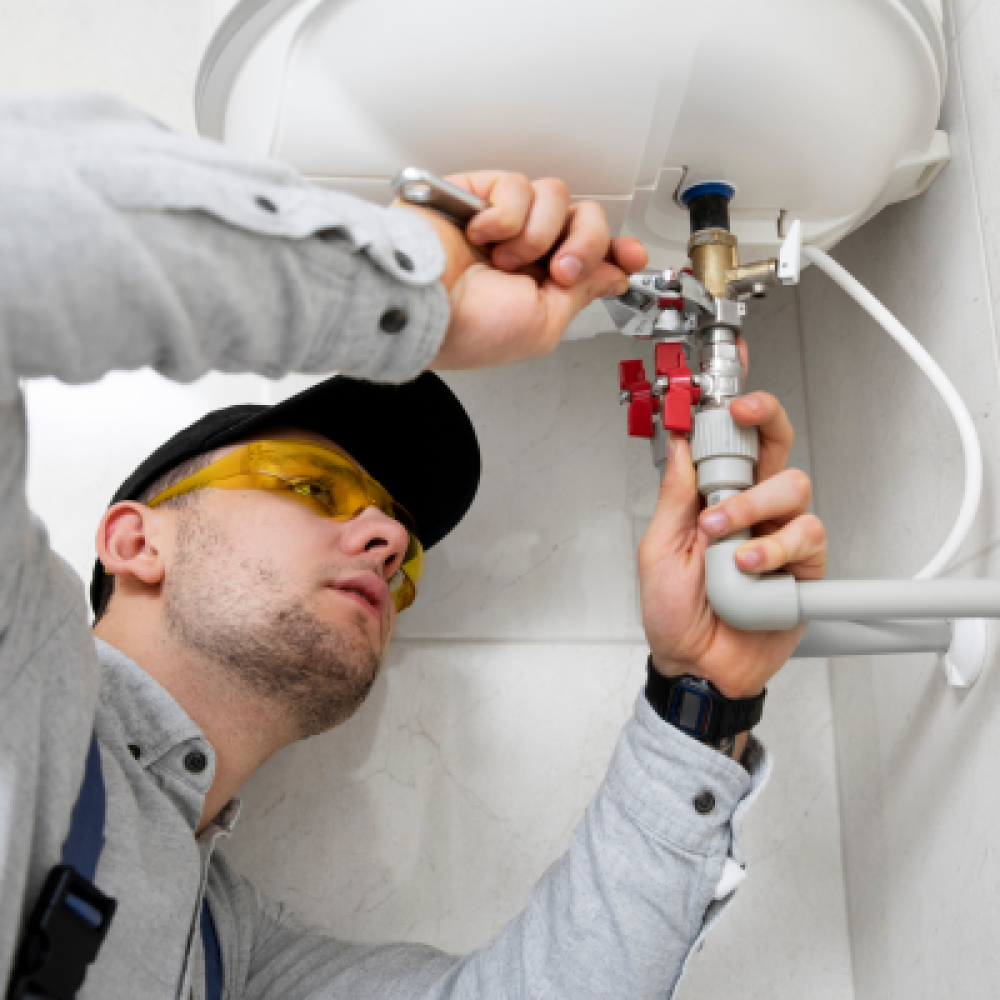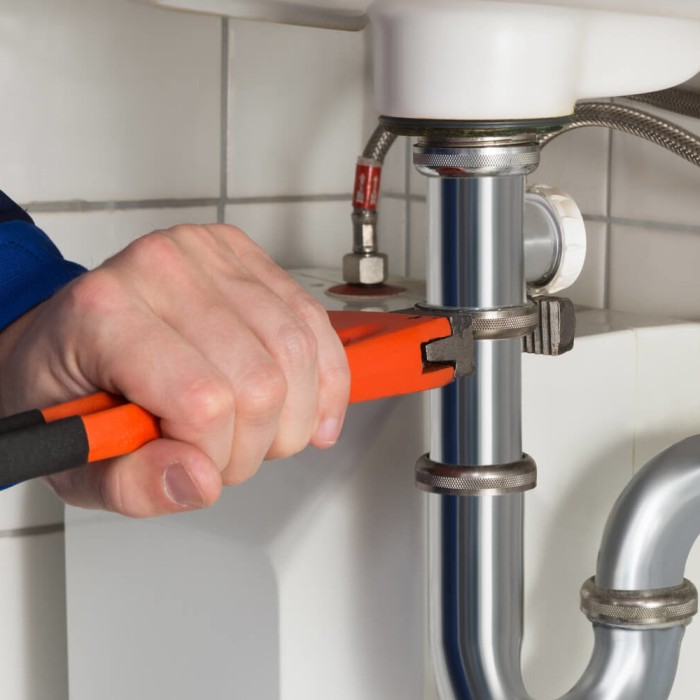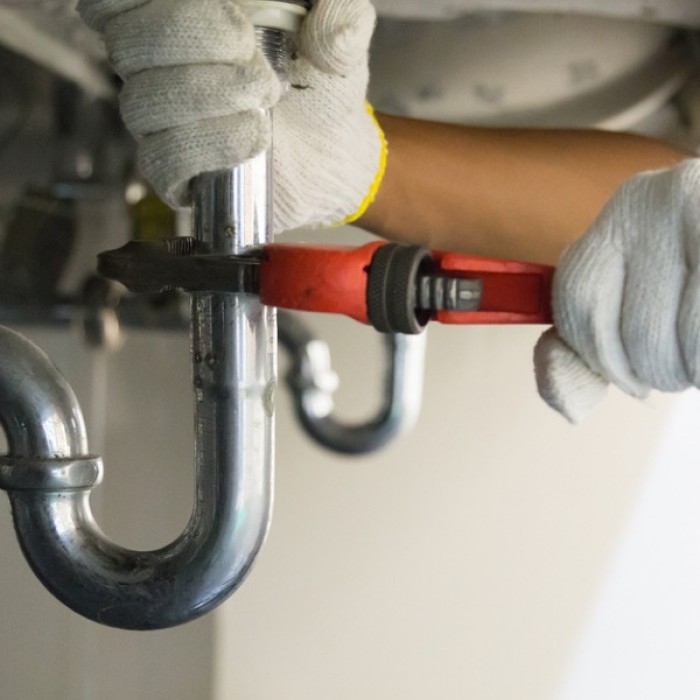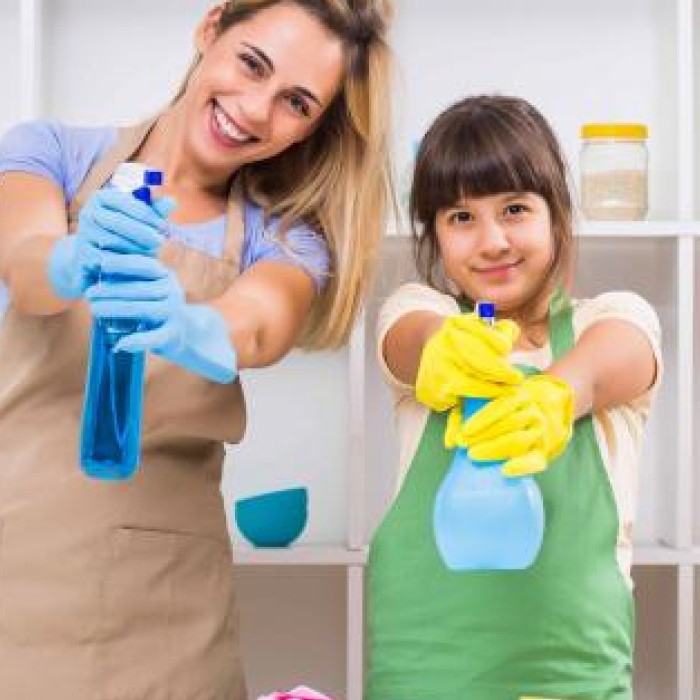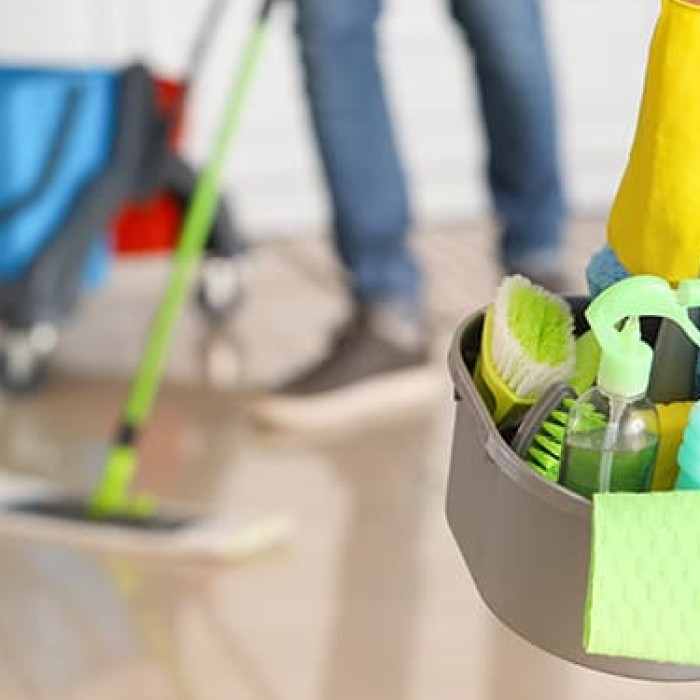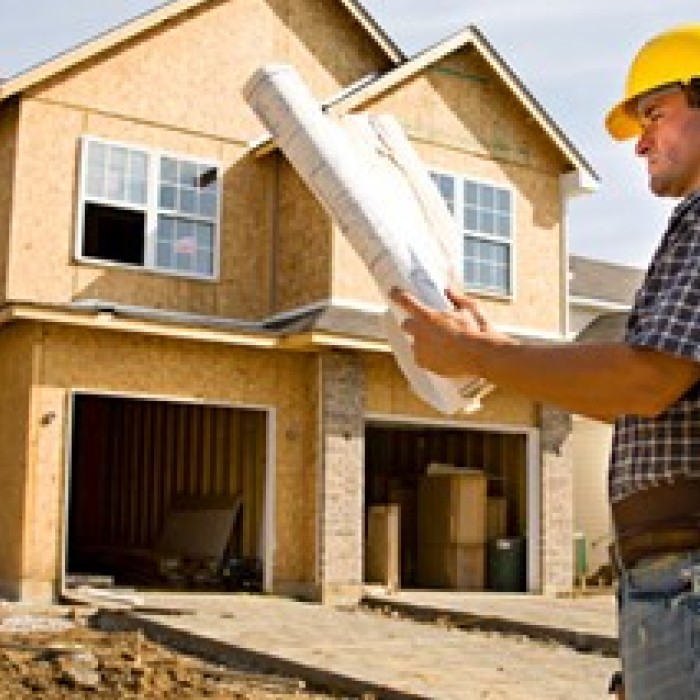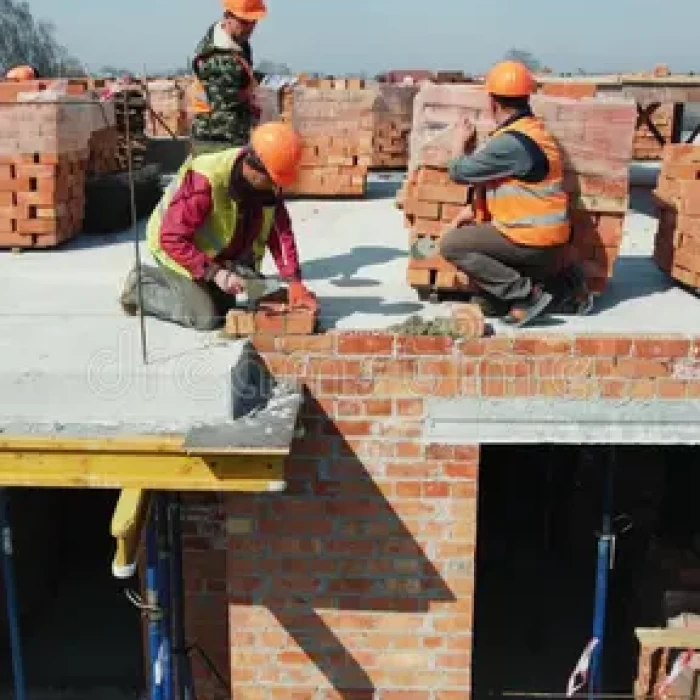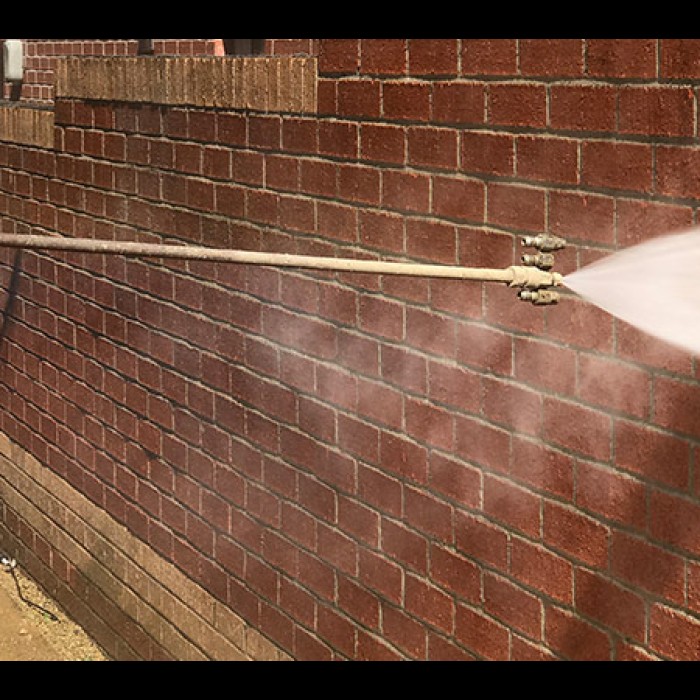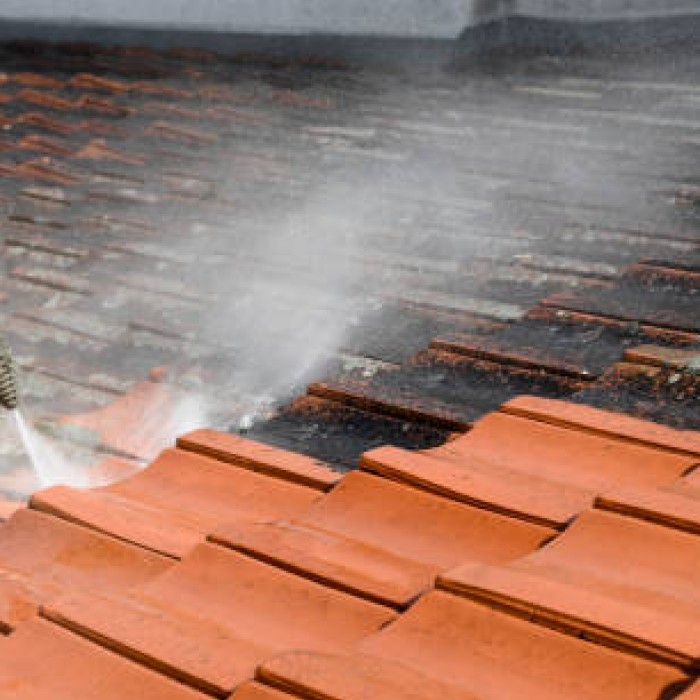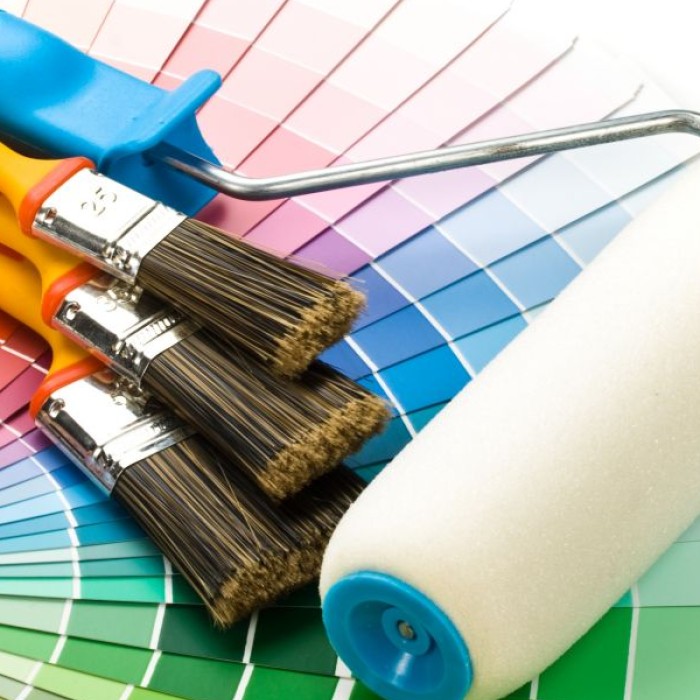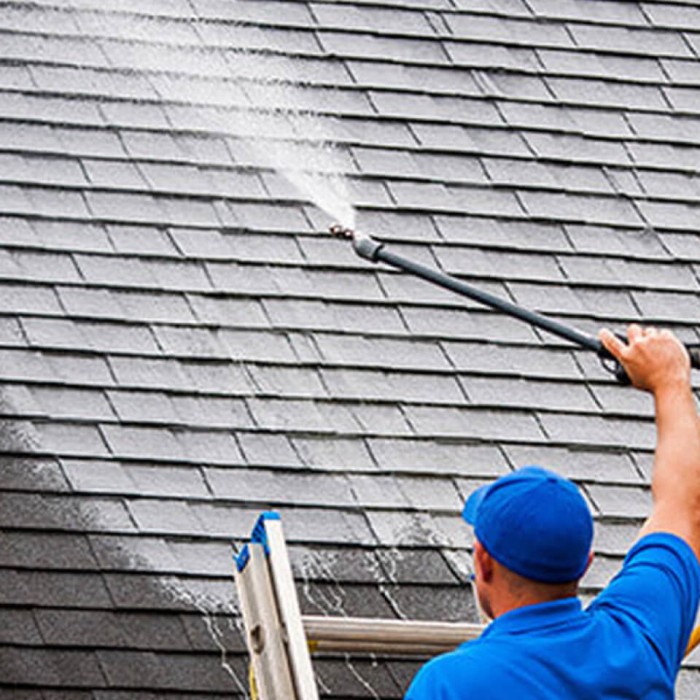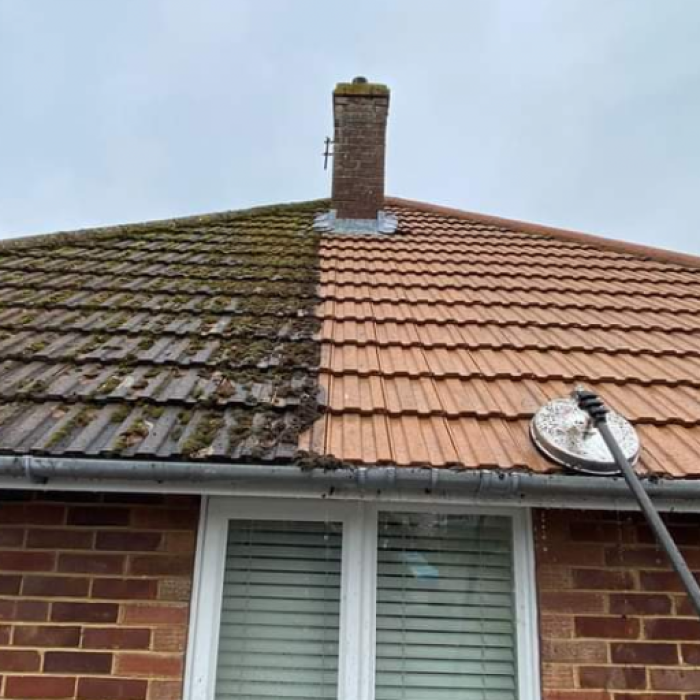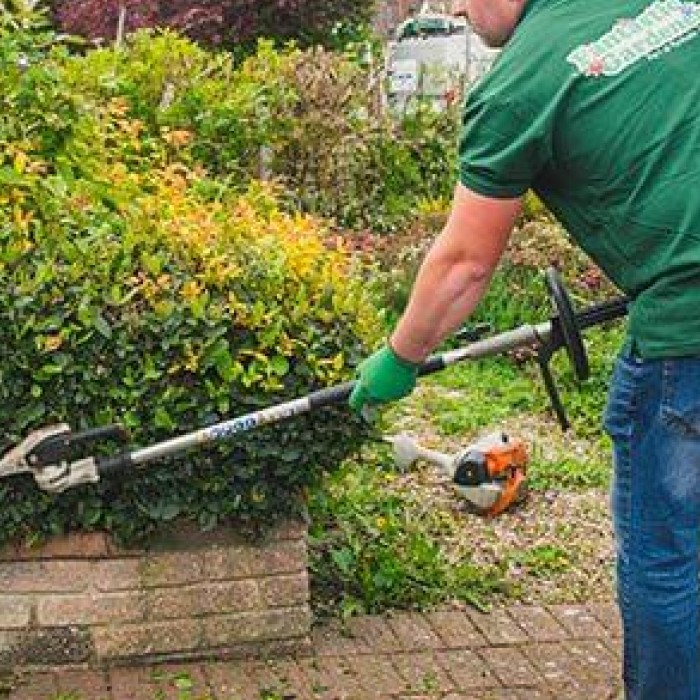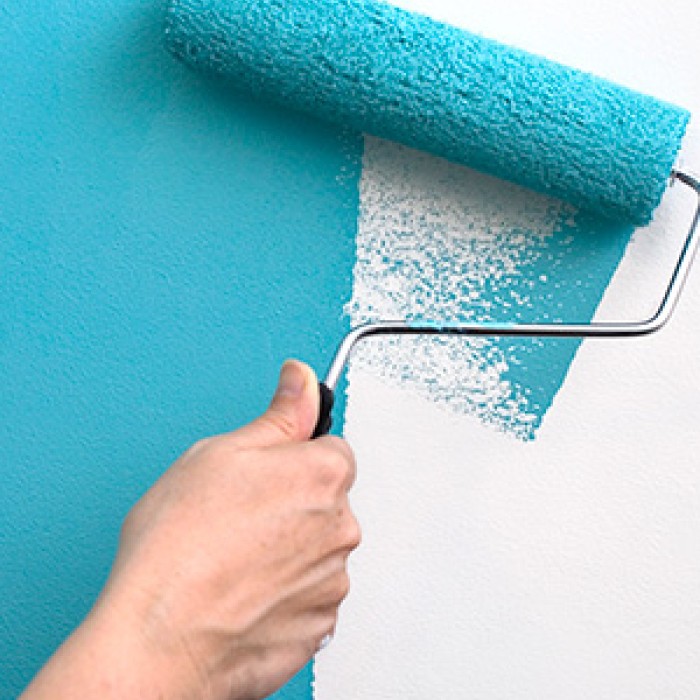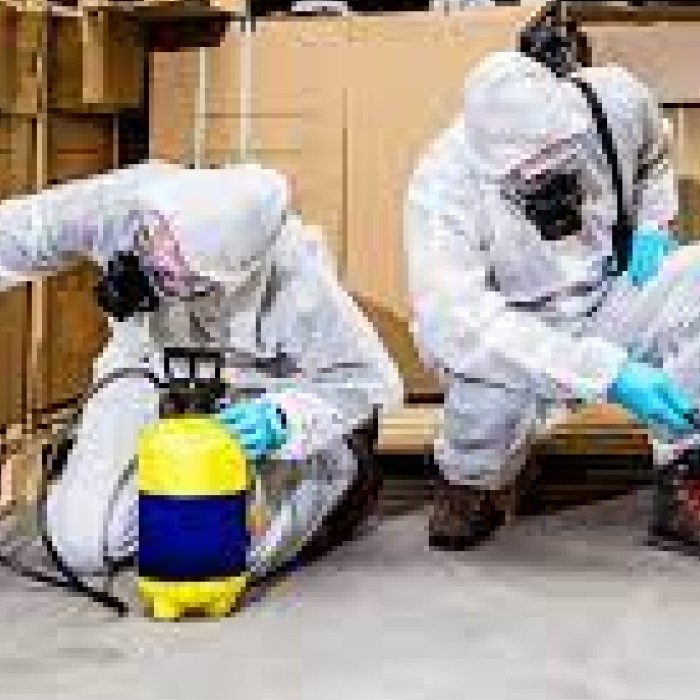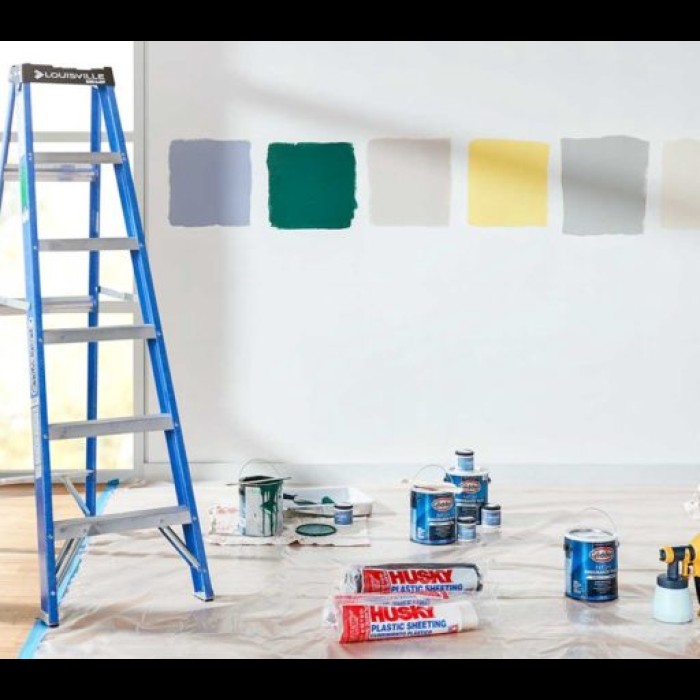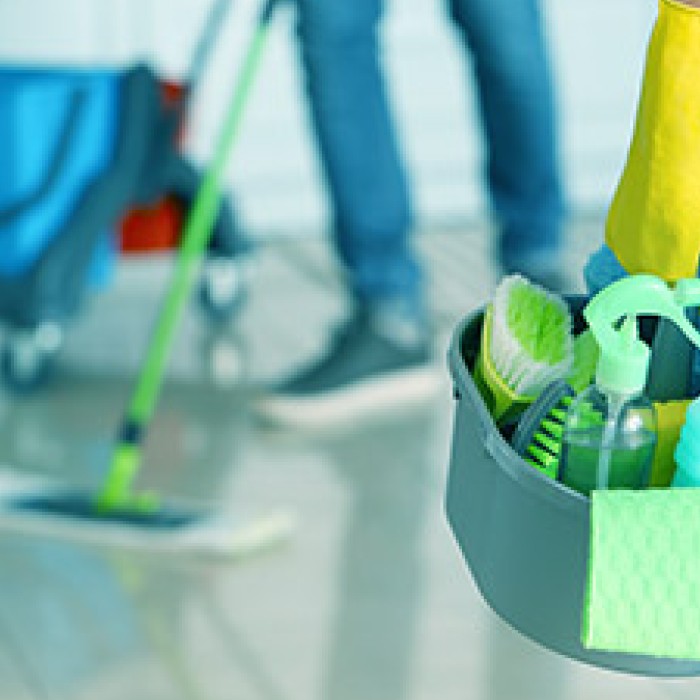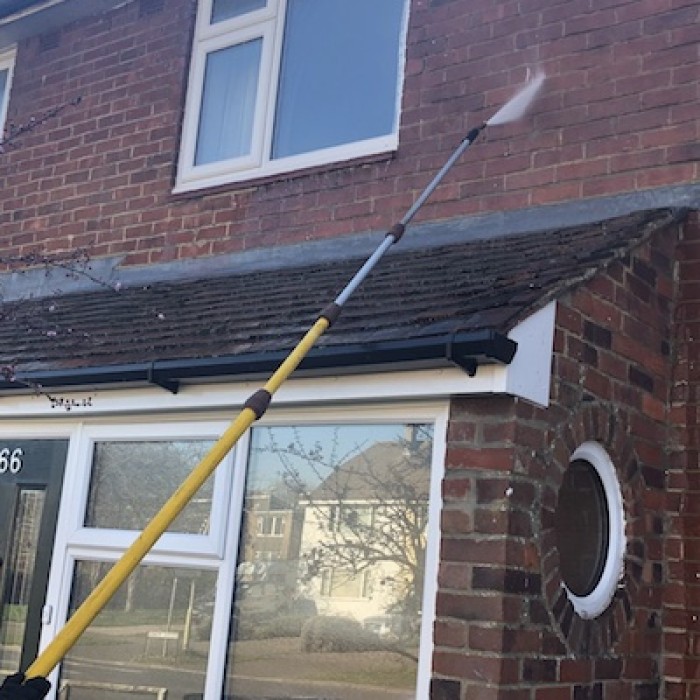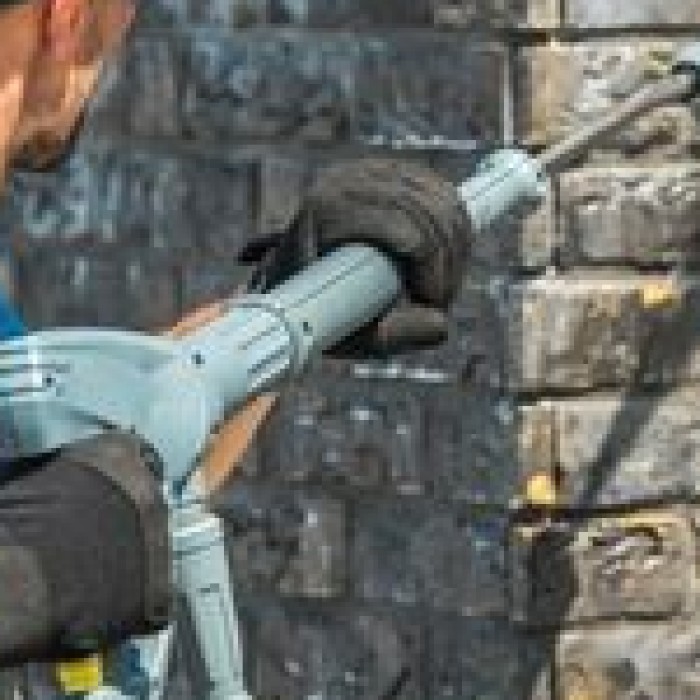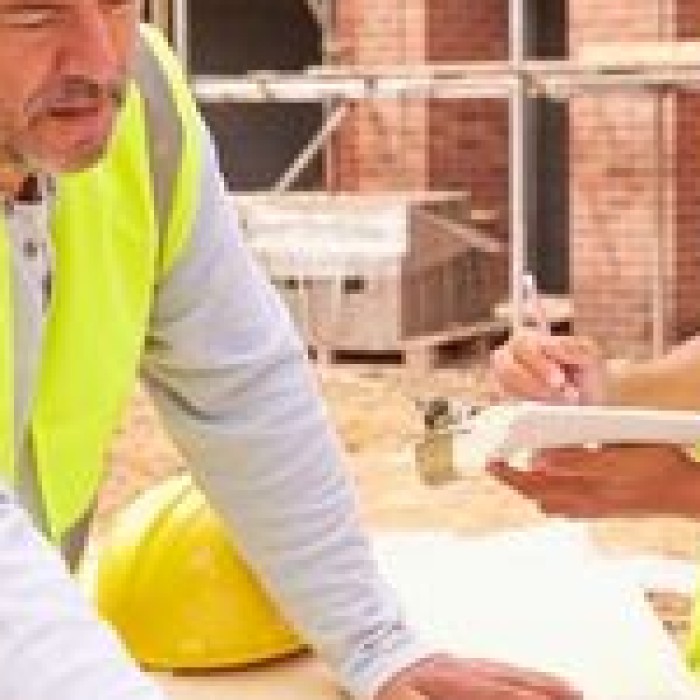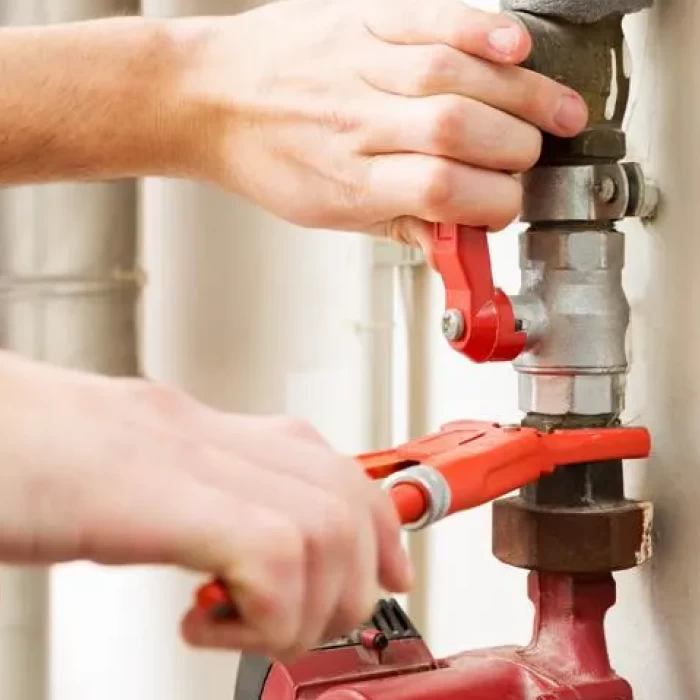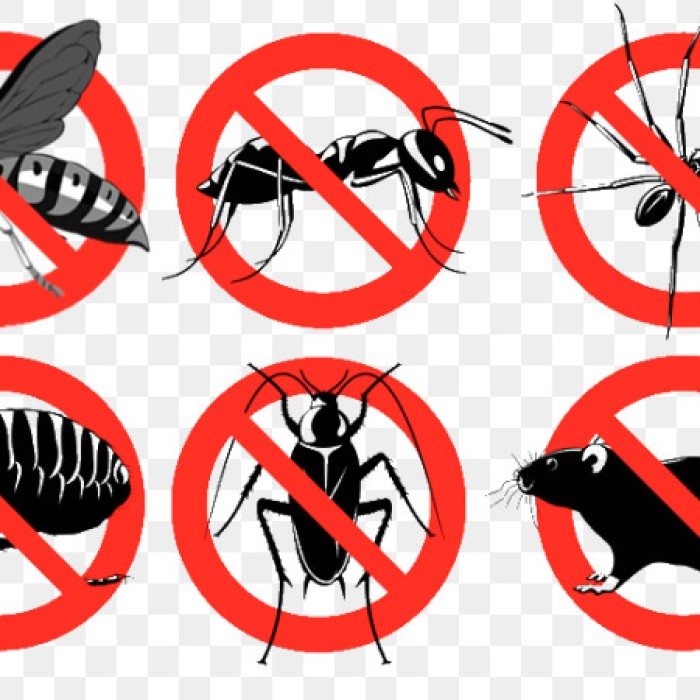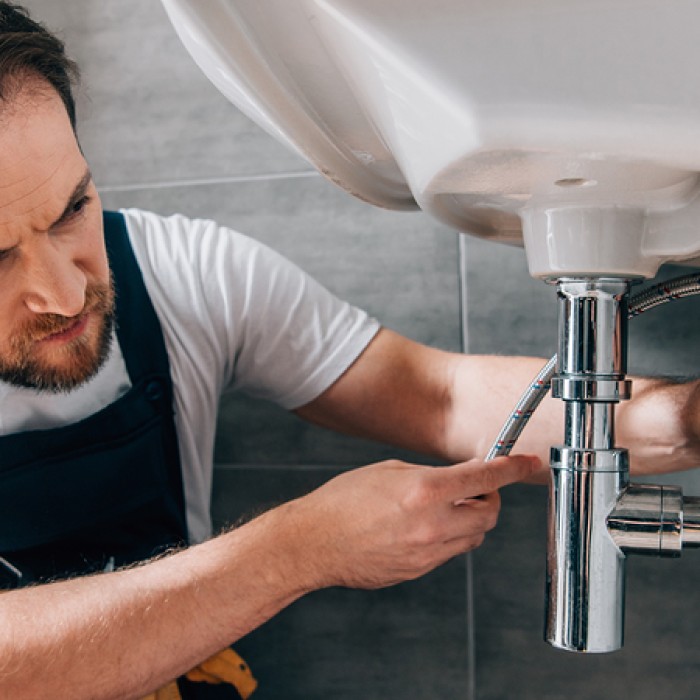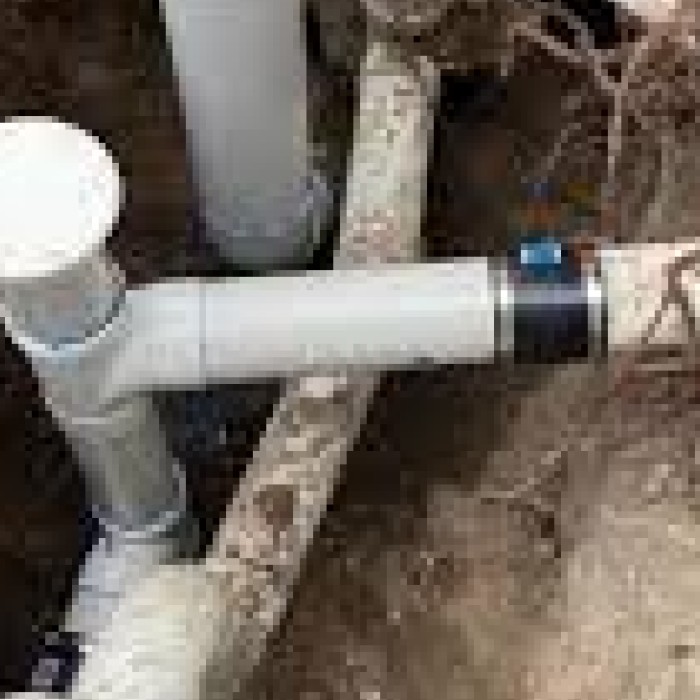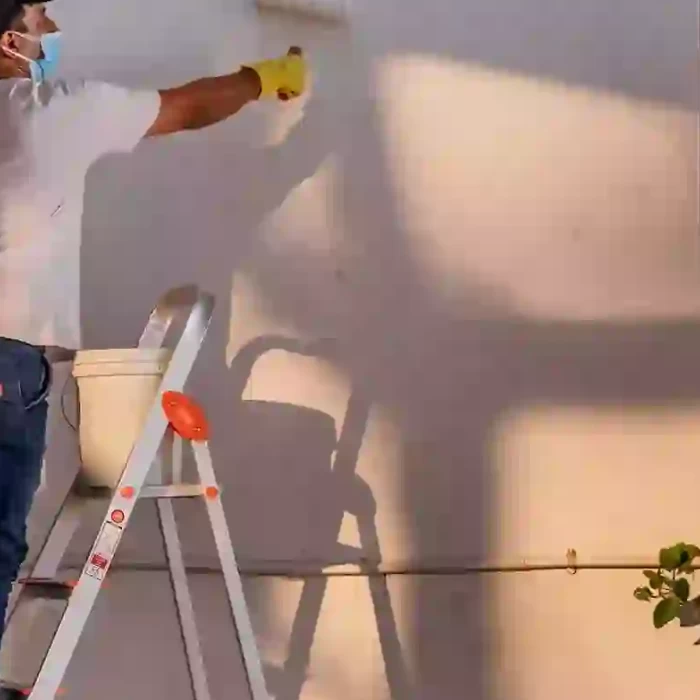Plumbing DIY: Everything You Need to Know
Plumbing DIY: Everything You Need to Know
The plumbing system is an integral and often overlooked aspect of any home. From providing us with clean water for drinking, cooking, and bathing to ensuring the efficient removal of waste, it plays a crucial role in our daily lives. However, plumbing issues can arise unexpectedly, demanding immediate attention. Leaky pipes, clogged drains, and malfunctioning fixtures can disrupt our routines and even cause significant damage if left unattended. That's why having a basic understanding of plumbing and knowing how to address common issues can save you time, money, and unnecessary stress.
By acquiring knowledge about even the smallest yet vital aspects of your plumbing system, you can unlock the power of do-it-yourself (DIY) solutions. This means being able to fix a dripping faucet or unclog a slow drain without having to wait for a plumber to arrive. Not only will this save you from the inconvenience of scheduling appointments and waiting for assistance, but it will also provide a sense of empowerment as a homeowner. In this blog, we will delve into the world of plumbing DIY, equipping you with the necessary knowledge and skills to handle common plumbing issues efficiently and effectively.
Important Things to Know About Before Attempting to DIY Home Plumbing
Following are some important things that you will be fortunate enough if you know about when a plumbing emergency hits your home. This list explores the inner workings of your plumbing system enabling you to detect early signs of potential problems, allowing you to take preventive measures and avoid costly repairs down the line.
Knowledge on O-rings
When it comes to plumbing woes, a surprising number of issues can be traced back to those unassuming yet essential components called O-rings. These little rings can make or break your plumbing system's performance, and having an understanding of their function and variety is paramount. From compression fittings to faucet handles, O-rings play a vital role in maintaining watertight seals. It's crucial to familiarize yourself with the different types of O-rings, such as rubber, silicone, and EPDM, as this can solve many of the most common plumbing issues in a home.
Importance of sealants
Understanding the different types of sealants available, such as pipe dope, and thread sealants, empowers you to choose the most suitable option for your project. It's important to note that sealants have varying lifespans and application requirements, so carefully consider factors like temperature, pressure, and chemical compatibility when selecting one. While sealants provide effective sealing solutions, it's also essential to be aware of alternative methods and the timeframes in which they can be employed.
Importance of measuring precision
Precision is a very important part of the plumbing game and the right tools and the right methods must be used if the DIY plumbing is to stay for a long time. Here it helps to understand the installed plumbing very well through reading up on it. Whether you're sizing up pipes, fittings, or valves, utilizing the appropriate metal or plastic measuring instruments will make all the difference. By taking the time to measure with precision, you'll avoid frustrating mismatches and save yourself from future headaches caused by ill-fitting components.
Knowledge on valves
Valves are the gatekeepers of your plumbing system, enabling you to control the flow of water and other fluids. Understanding the different types of valves, such as ball valves, gate valves, and globe valves, equips you with the knowledge to make informed decisions during installations or repairs. Each valve type has its specific purpose, with variations in flow control, pressure limitations, and suitability for different plumbing applications. One should also have the knowledge on early signs of valve damage, as this can prevent pipe damages.
Knowledge on when to call a professional
Plumbing systems can be complex, and certain issues may require specialized expertise and tools. Recognizing signs of a problem that's beyond your DIY capabilities, such as extensive pipe damage, sewer line issues, or intricate installations, is key. Knowing when to seek professional assistance will not only prevent potential disasters but also save you time, money, and unnecessary frustration. Remember, a responsible DIY plumber knows their boundaries and ensures that the plumbing tasks at hand are tackled safely and efficiently.
Conclusion
As you can see, plumbing DIY can be a rewarding and cost-effective approach for tackling minor plumbing issues in your home. Armed with the knowledge we've shared throughout this blog, you now have the confidence to handle tasks such as fixing leaky faucets, unclogging drains, and replacing faulty fixtures. However, it's essential to remember that some plumbing problems require the expertise of professionals. For complex issues or major installations, it's wise to call upon the services of reputable agencies like WorldWideServices. With their team of skilled plumbers, you can ensure that your plumbing system receives the professional attention it deserves, leaving you with peace of mind and reliable functionality for years to come.

